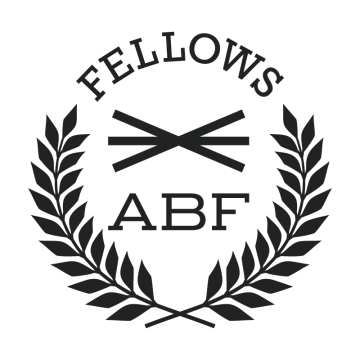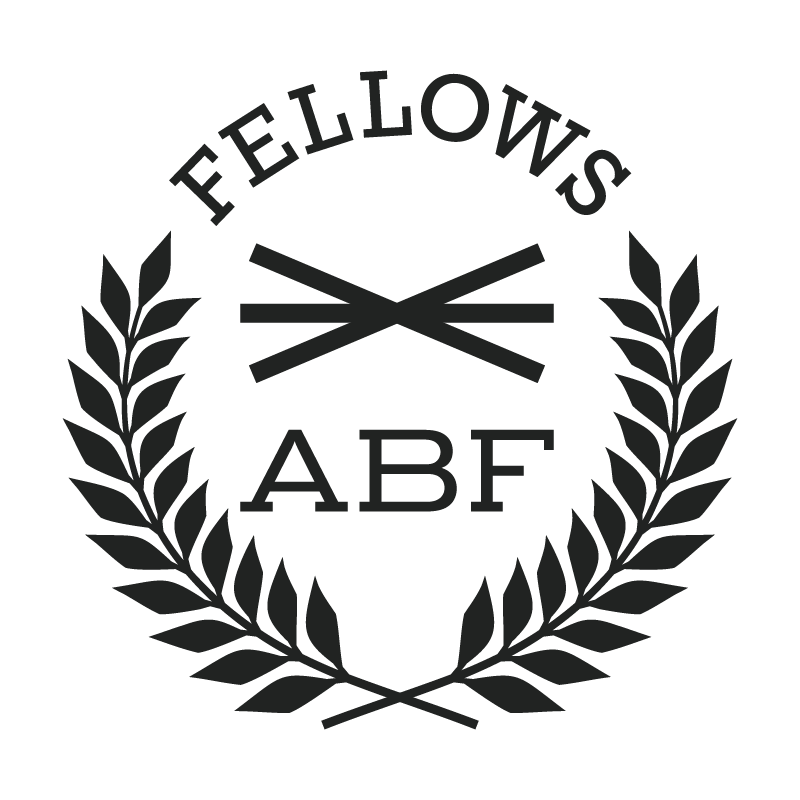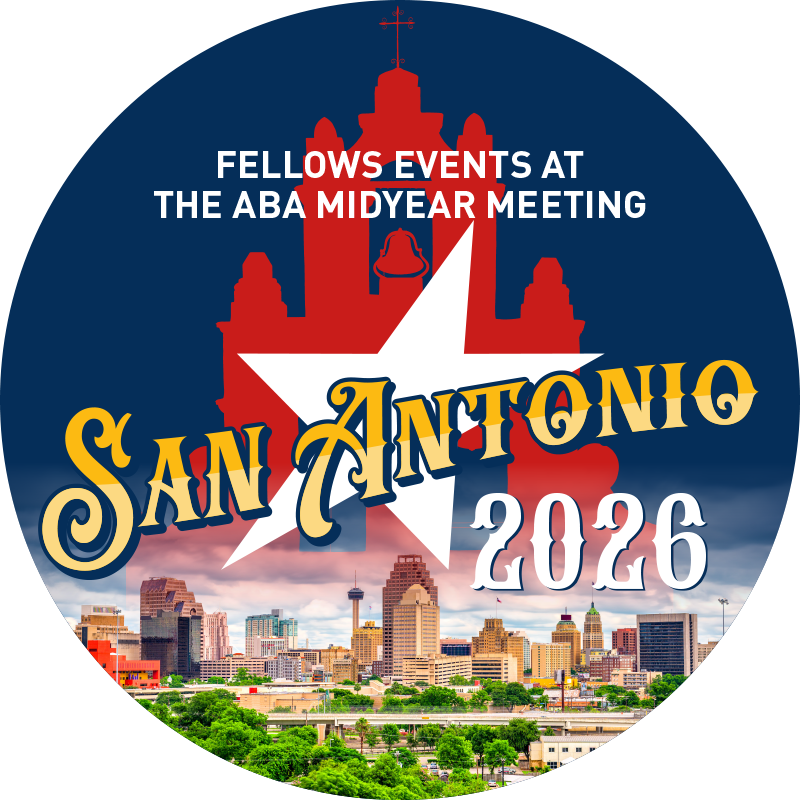Fellows Events
Featured Event
March 05, 2026
Registration Now Open!
FELLOWS EVENT
In-Person

Upcoming Events
March
5
March
19
March
26
Registration Now Open!
FELLOWS EVENT
In-Person
May
29
Save the Date!
Open to All Fellows!
FELLOWS EVENT
In-Person
View Past Events
February
19
Registration Now Open!
FELLOWS EVENT
In-Person
February
19
Registration Now Open!
FELLOWS EVENT
Virtual
February
4
Registration Now Open!
ABF Fellows to Gather for Special Events During the ABA Midyear Meeting
FELLOWS EVENT
In-Person


